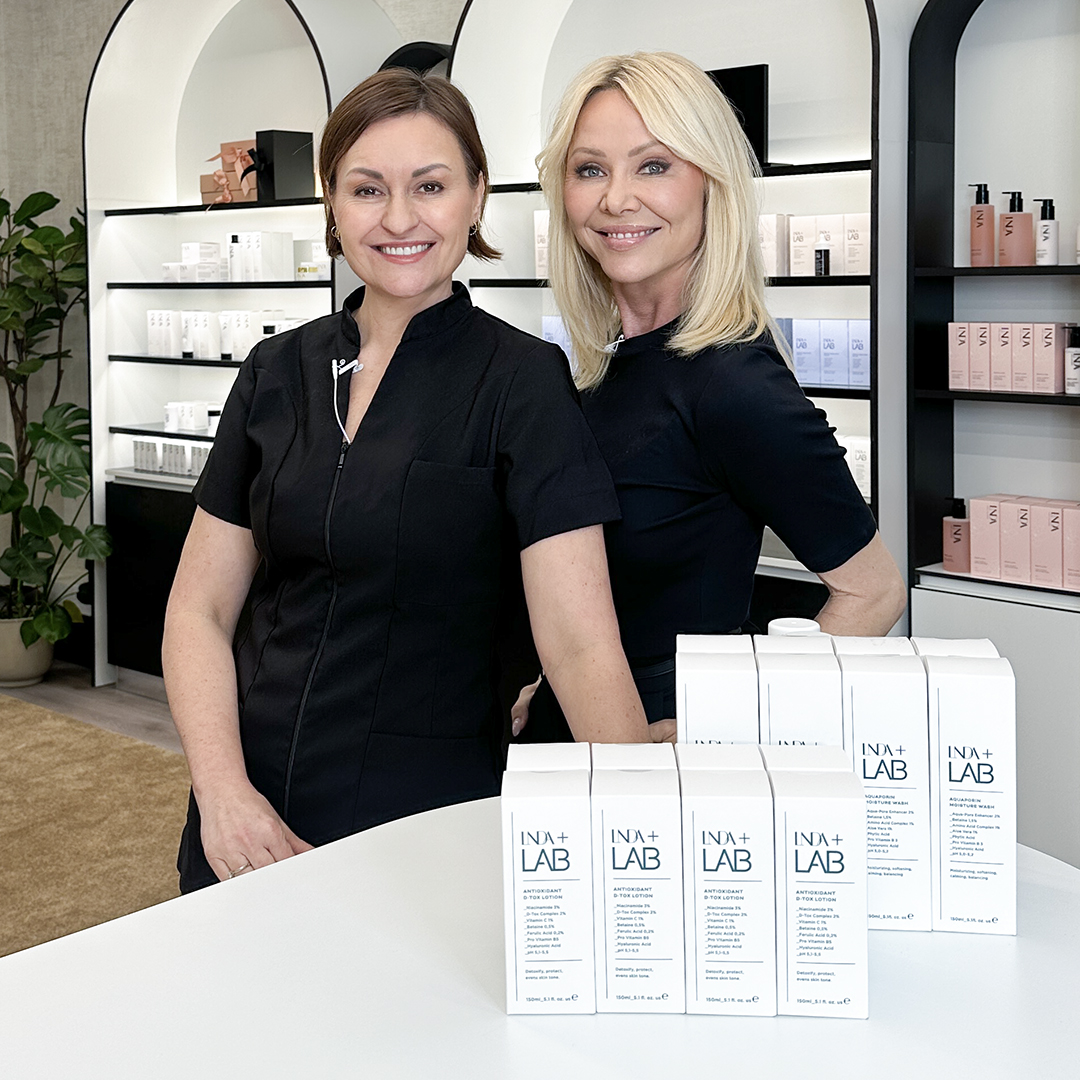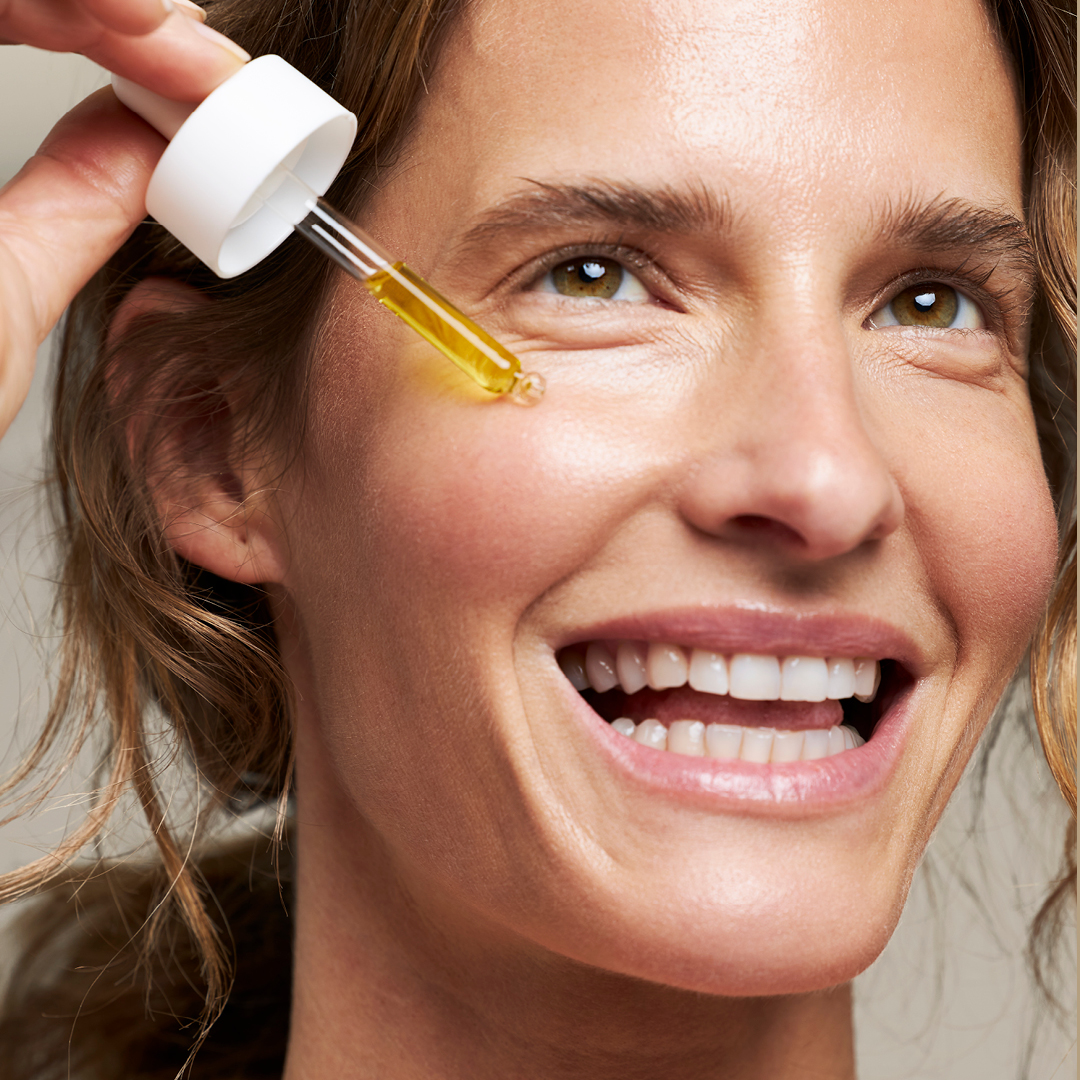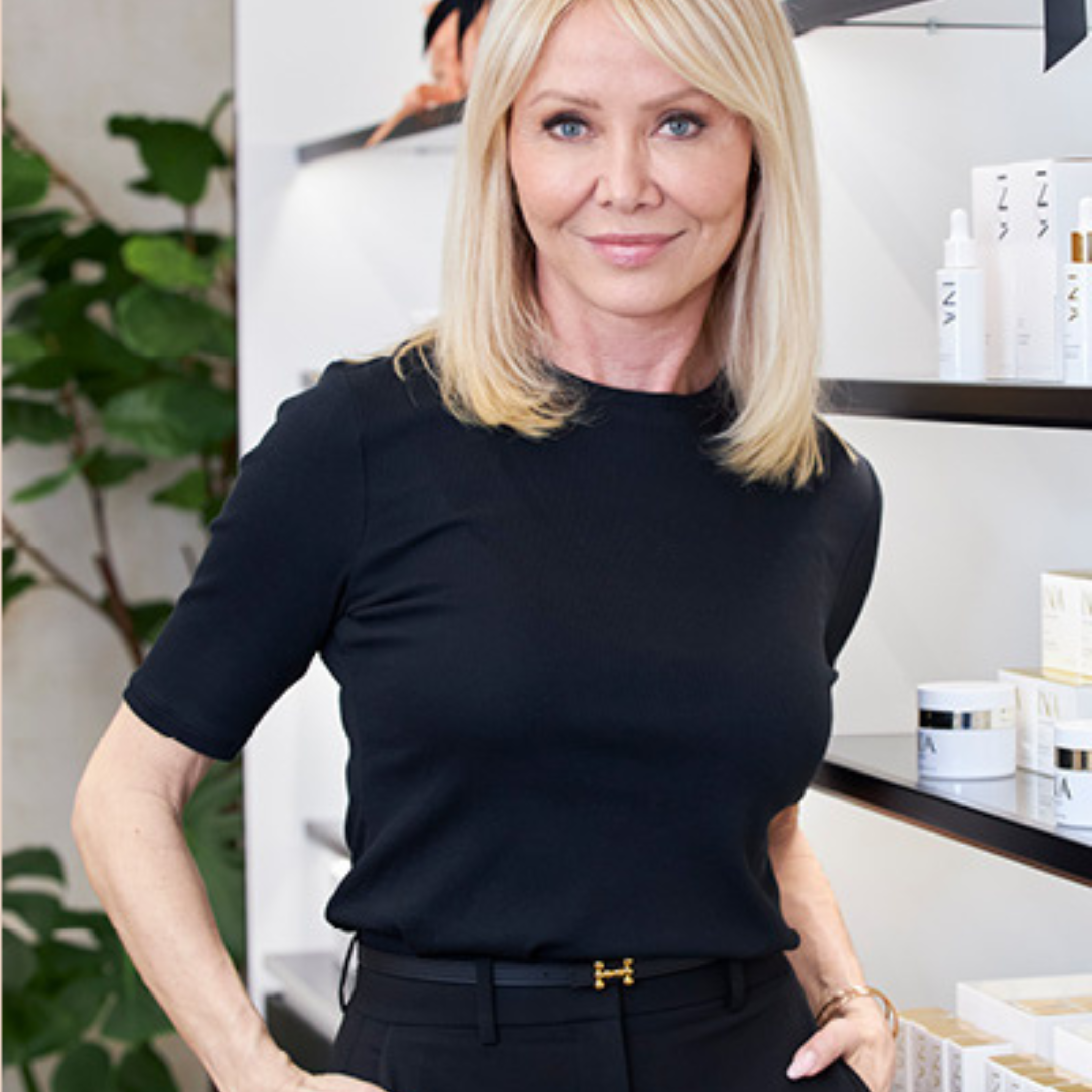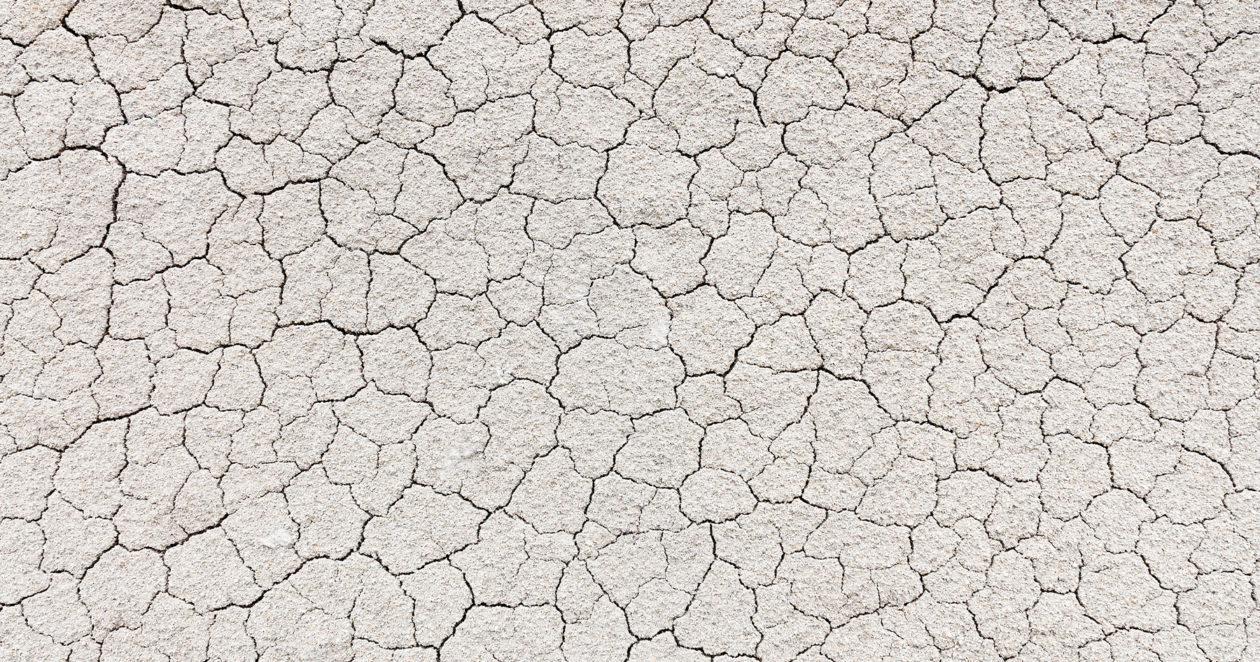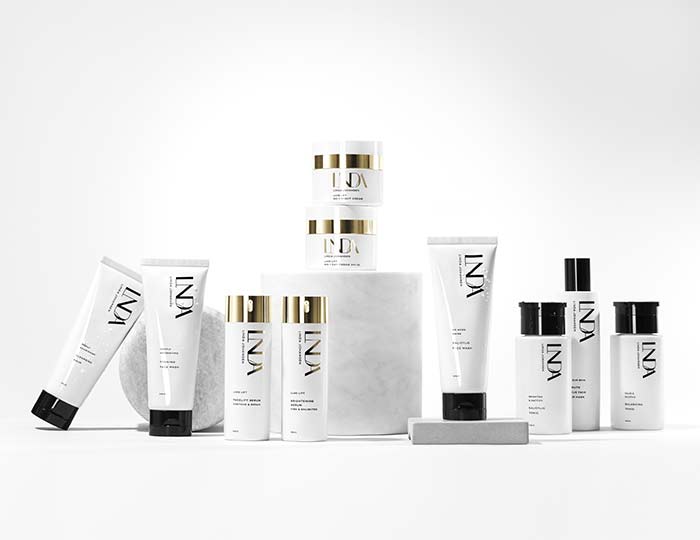This ELDs the skin the most
The biggest "threats" when it comes to skin aging are what are called "the 5 S's":
1: Sol
We know from studies that damage from UV rays accelerates the aging process in the skin by 80-90%. The UV rays create wrinkles by breaking down the collagen in the skin, and in addition the genetic material (DNA) in the skin cells is damaged. When the sun hits the cell's DNA, the cell's ability to produce changes. It can be said that the cells "produce incorrectly", and our skin quality deteriorates. This can lead to extra freckles, moles and other color changes in the skin such as pigment spots . The skin can become leathery and flabby, a condition called elastosis. When you stretch it, it will not bounce back. The fibers that in a healthy skin will be like fine tight silk threads, are in a sun-damaged skin like rotten rubber bands.
2: Cigarettes
Along with sun exposure, smoking is one of the most established environmental factors affecting skin aging. Cigarettes cause one million hits of free radicals per cell with each inhalation. Smoke and tobacco accelerate the aging process, and damage the skin in several ways. The elasticity is reduced, the formation of wrinkles occurs at a faster pace, you can get uneven pigmentation and more visible blood vessels. Cigarettes also drain the skin of vitamin C, which further damages the fine blood vessels and reduces protection against free radicals.
Several studies show that the nicotine that enters the blood when you smoke has a negative effect on blood circulation by the blood vessels constricting. This also affects the nutrition of the skin. The uptake of oxygen and other substances that are important for the skin to function in the best possible way is impaired. Not to mention the thick skin you get, as well as extra wrinkles around the mouth. A skilled dermatologist easily sees if a client smokes or not, if he or she has passed around 35 years.
3: Stress
When you stress, your brain releases increased amounts of the stress hormone cortisol. The secretion of cortisol creates a hormonal imbalance that manifests itself through increased sebum formation in the pores, as well as loss of collagen / elasticity in the skin. This can cause looser skin, pimples and hair loss. Under stress, the skin becomes more sensitive and less resistant to external stresses such as UV light and pollution, which in turn can accelerate the aging process.
4: Sleep
While we sleep, the nervous system changes from the sympathetic system, which is the dominant system while we are awake, to the parasympathetic system. The parasympathetic nervous system increases the blood supply to the skin, allowing it to repair itself more efficiently. New research shows that a minimum of 8 hours of sleep is required for the skin to be able to work optimally with repair. When you sleep, the amount of stress hormones is lowered, so that the regeneration process is the best possible. Prolonged periods of lack of sleep and stress release not only stress hormones but also free radicals that speed up the aging process
In addition, you have sleeping lines. These occur in people who always sleep on one side. Such wrinkles appear as asymmetrical lines, which often cross the other, symmetrical wrinkles. Is it weird mothers of toddlers or do we in menopause with sweating all night look tired?
5: Sugar
Unfortunately, sugar also contributes to the aging of the skin. Sad, but true. In short, sugar sticks to proteins in the skin, and especially to collagen (which is also a protein). Collagen is what keeps the elasticity and binds the skin tightly together so that it is firm and smooth. The more sugar that sticks to these collagen fibers, the looser they become (read: the looser the skin becomes) These are called AGEs (Advanced Glycation End Products), and they also increase the inflammation in the skin and body. Many with e.g. eczema and rosacea will therefore have a good effect by cutting down on sugar. Sugar also triggers the production of cortisol, a stress hormone in the body. Too much cortisol can also aggravate acne, eczema and rosacea.
It's good that dark chocolate tastes so good!
It is not the case that you can avoid these points completely, but it is nice to keep that in mind when it comes to skin. To remedy the damage, it is important to focus on the right skin care products and a continuous routine. In this way, you help the skin to repair the damage it receives, so that both it and you can enjoy a healthy, healthy skin for a long time.
